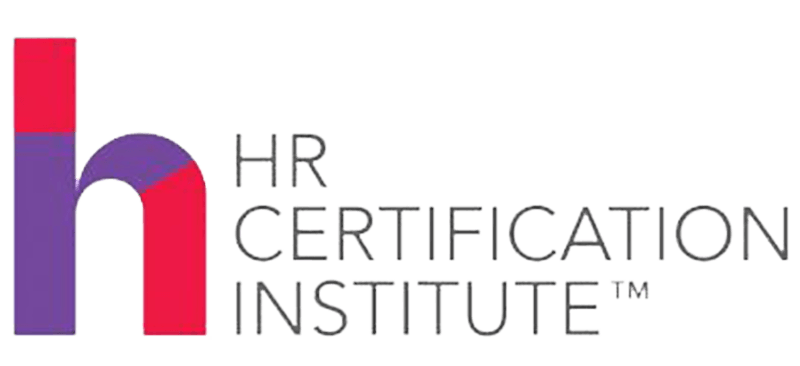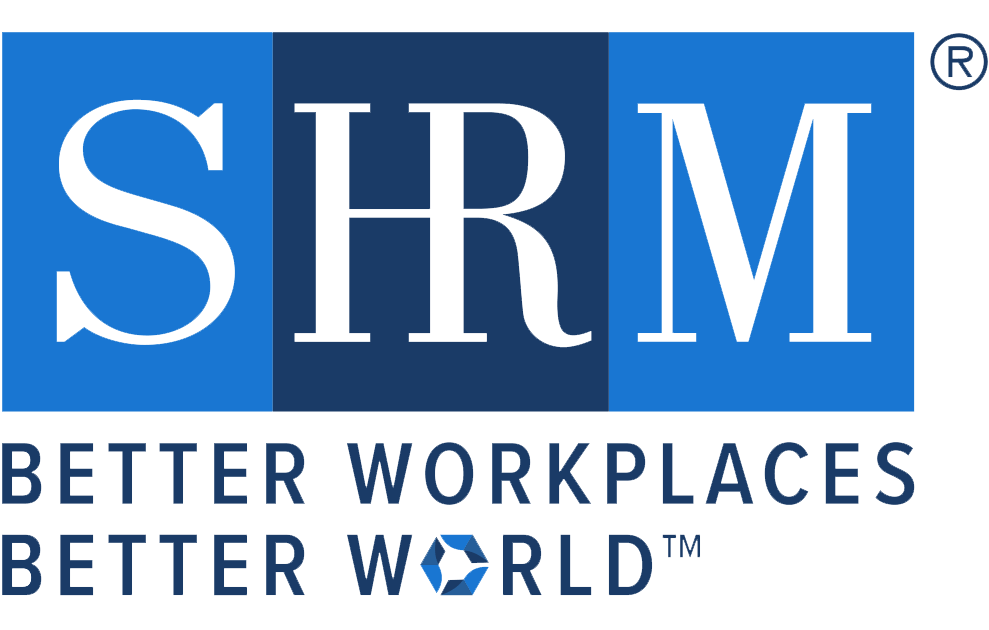Sales Skills Test For Employers: Assessment to Hire the Best
Use this sales skills test to hire your next Zig Ziglar.
There’s nothing more demoralizing than hiring someone who sold you during an interview, only to find out they can’t actually sell to your customers. Unfortunately, mishires are a common occurrence in the sales world, especially in highly competitive “sink or swim” environments.
While bad hires are costly from a training perspective, they’re even more expensive when deals are on the line. If you hire a customer success manager who loses a $100,000 renewal, it can spell disaster for your quarterly earnings. Compound these issues across an entire sales team, and a bad quarter is the least of your worries.
A pre-employment sales skills test can help mitigate those losses by identifying candidates who are ready to sell from day one. Use our sample sales skills assessment test to find strong talent and put your client base in safe hands. We’ve even included best practices to help you optimize your test results.
Use the sales assessment below to screen your candidates
or let The Hire Talent do it for you. We’ll assess their sales skills — plus problem-solving, interpersonal, and communication skills, among other aptitudes — to prequalify your job candidates automatically.
What Is a Sales Skills Test?
A sales skills test is a series of questions designed to assess a job candidate’s sales acumen, charisma, and critical thinking ability. The goal of a sales skills assessment is to screen out candidates who lack a natural aptitude for selling while homing in on those well-suited to close deals.
From Mary Kay Ash to Ron Popeil, selling a product or service is a delicate art, with empathy for the customer at its heart. With a sales skills quiz, you gain a critical predictor of how successful a candidate will be when selling, so you can avoid risky hires and find a great fit from day one.
Sales Skills Assessment

It’s critical to assemble a sales team that can close any deal and protect your business come renewal time. Use the interview question examples below to test sales skills for candidates. We’ve included an answer key to help you understand what each question is designed to assess.
Correct answers are highlighted.
1. Which of the following isn’t a real lead type?
- Hot lead
- Cold lead
- Deferred lead
- Sales qualified lead
- Marketing qualified lead
Answer: C. A seasoned sales veteran should know the different lead types by heart. This sales skills test question serves to assess a candidate’s basic sales acumen.
2. Which of the following is a valid way to interact with prospects?
- Phone call
- Inbound marketing
- All of the above
Answer: E. This question assesses whether candidates are familiar with different methods of prospecting, including inbound marketing.
3. What makes for an ideal salesperson?
- Someone who is relatively quiet
- Someone who won’t take “no” for an answer
- Someone who can turn a pain point into a solution
- Someone who loves to talk at length
- Someone who is risk-averse
Answer: C. This sales skills assessment question checks to see if a candidate understands the central focus of selling: understanding a prospect’s needs, then proposing a relevant and timely solution.
4. A client raises their voice on a call. What’s the best way to respond?
- De-escalate by hanging up.
- Match their energy.
- Ask them why they’re upset.
- Be calm and practice active listening.
- Tell them your hands are tied.
Answer: D. Great salespeople let clients drive the conversation — even when the client is upset. This sales test question gauges whether a candidate will stay cool under pressure.

5. Which of the following is the least desirable trait when selling?
- Patience
- Persistence
- Professionalism
- Reactivity
- Spontaneity
Answer: D. Successful sales reps can think on their feet, pitch with persistence, and maintain professionalism. Being reactive shows a lack of initiative — a trait you don’t want to see in prospective hires.
6. How many touches does it typically take to convert a lead into a sale?
- 1 to 2
- 3 to 5
- 6 to 8
- 9 to 12
- 13 to 15
Answer: C. It’s common knowledge in sales circles that leads take about six to eight touches to convert. This sales skills test question tests a candidate’s fundamental sales acumen.
7. What is the best day to make a sales call?
- Monday
- Tuesday
- Wednesday
- Thursday
- Friday
Answer: C. It’s a best practice to prioritize sales calls on Wednesday, when clients are known to pick up the phone most frequently. This sales assessment question tests a candidate’s knowledge of common sales tactics.
8. Which of the following is an effective way to increase email conversions?
- Introduce yourself in the first line.
- Use all caps in the subject line.
- Write longer email copy.
- Add the prospect’s name to the subject line.
- Use exclamation points for emphasis.
Answer: D. A great salesperson needs to be a solid email marketer. This sales skills assessment question assesses whether a candidate is comfortable employing basic email tactics.
9. Which of the following isn’t an indicator a client may be ready to upsell?
- Their company recently increased its hiring rate.
- You’ve upsold this client in the past.
- People within their company are adopting your product.
- Their customer base has declined in recent months.
- Their CFO recently greenlit an expanded budget.
Answer: D. A huge part of customer relations is reading between the lines. This question probes for whether a candidate can think critically and problem-solve on the fly.
10. A client says they want to reschedule a call for another time. What’s the best response?
- Insist they stay on the line.
- Ask why they want to reschedule.
- Ask to put them on hold, then wave down your manager.
- Reiterate the value proposition of your product.
- Accept, then ask what time works best.
Answer: E. When clients need to reschedule, it’s important to accommodate their needs. This sales test question assesses whether a candidate can remain professional when managing clients.
Pro Tip: Sales team members need to think on their feet when challenges pop up. Consider giving your sales candidates a problem solving skills test too.
How to Test Applicants for Sales Skills

By including a sales assessment like the one above as part of your hiring process, you can streamline the interview experience and ensure you’re prioritizing the right candidates for your open roles. Below are four steps to help you make the most of this sales test and optimize your hiring results.
1. Make sure your questions and answers are reliable and fair.
No candidate wants to feel like their interview was unfair. When your sales test questions are poorly written or fail to pass muster in terms of validity, they run the risk of bias and adverse impact. The Hire Talent’s sales skills test for employment is rigorously tested to be free from bias..
2. Give your candidates an excellent test-taking experience.
It’s best not to administer a sales assessment for employment in an interview. Instead, conduct the test through a secure online interface before you or your hiring team even meet the candidate. Testing blind in this way removes the all-too-real interviewer bias from the assessment process and lets you make impartial judgements based on true ability.
3. Prioritize the security of applicant data.
Another way to level-up the candidate experience is to ensure you’re capturing and storing answer data in a secure location, on secure servers. Breaches can be particularly damaging to your company brand, and open you up to costly lawsuits.
4. Use a standardized grading rubric.
Understanding what “good” looks like from your candidates is critical to ensuring accuracy and fairness. Be consistent in how you assess and score each applicant. A standard grading rubric can help to streamline your process and protect your team from errors.
How We Created this Sales Skills Test
Our sales skills test questions were written to ensure validity, including:
- Content validity
- Construct validity
- Criterion validity
The questions were administered to a large sample group to ensure reliability and fairness. We used statistical analyses to refine the question pool, ensuring the test was both accessible and bias-free. The result is a question pool validated to screen applicants for sales acumen with a high success factor.
For HR professionals, this test is a helpful predictive tool to build a diverse, equitable, and inclusive workplace.
Benefits of Sales Testing
By testing candidates for sales acumen and professionalism, you can quickly narrow down a large candidate pool and shortlist applicants who are a good fit for your sales team and organization. The benefits of sales testing include (but aren’t limited to) the following:
- Mitigating bias
- Predicting job performance
- Increasing ROI
- Decreasing time-to-hire
- Increasing retention
- Lowering hiring costs
Why Are Sales Skills Important in the Workplace?

Sales skills are important because they enable your employees to sell new products and services, strengthen relationships with clients, and grow revenue for your business. Without strong sales skills, your sales team won’t be able to accomplish those key goals — a doomsday scenario for any business.
Thankfully, there are plenty of people in the candidate market with phenomenal sales skills. You just need to know where to look. That starts with a sales assessment that can surface your next ultimate sales machine, at the right time, for the right business needs.
Warning: Hiring a dishonest sales agent is worse than not hiring anyone at all. Assess your sales applicants for honesty with our honesty test.
What Roles Need Sales Skills Testing?

Sales skills apply best to sales roles, but there are plenty of other job titles — namely in leadership and marketing — that benefit from sales acumen. A sales skills test for new hires can help you hire for roles like:
- Account Manager
- Business Development Representative
- Channel Development Representative
- Chief Sales Officer
- Customer Success Manager
- Director of Sales
- Email Marketing Manager
- Inside Sales Representative
- Marketing Manager
- Outside Sales Representative
- Product Marketing Manager
- Public Relations Manager
- Regional Sales Manager
- Relationship Manager
- Sales Development Representative
- Sales Engineer
- Sales Manager
- Sales Operations Manager
- Sales Representative
- VP of Sales
Summary
A sales skills test is an effective way to narrow your candidate pool and identify promising candidates to add to your sales team. Sales is a high-stakes business, and a sales assessment is one of the strongest ways to mitigate risk, predict performance, and grow your bottom line.




